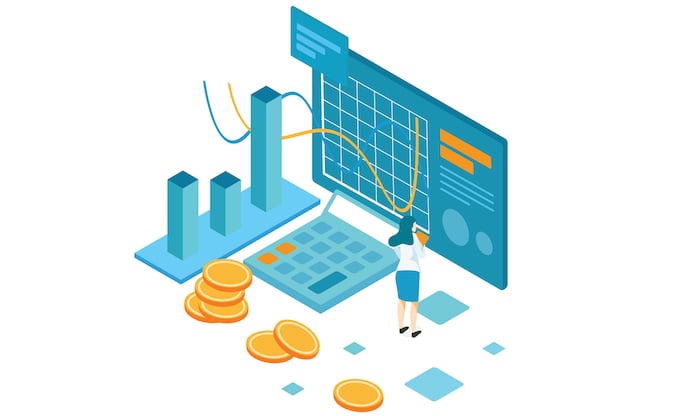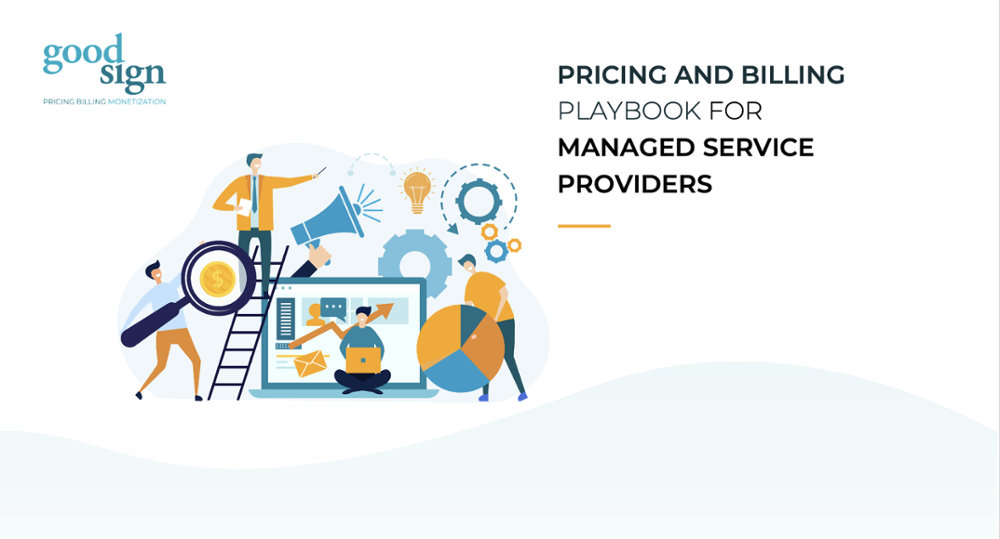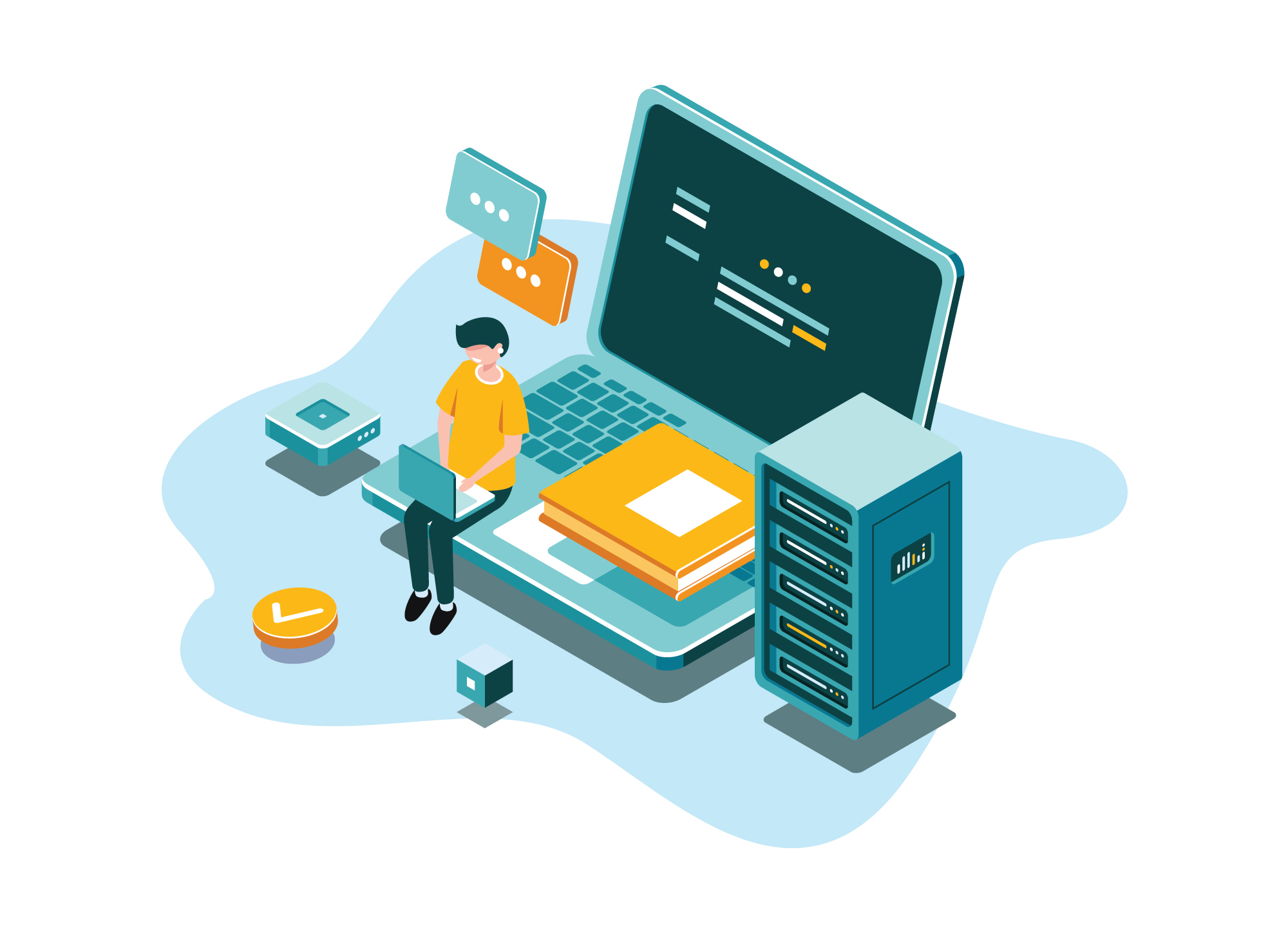Scalable Billing for Managed Service Providers – Get a Playbook
Managed Service Providers need a scalable, reliable, transparent, and flexible pricing and billing solution due to the complexity of their customer...
4 min read
 Petri Takala
:
May 3, 2023 6:03:14 PM
Petri Takala
:
May 3, 2023 6:03:14 PM

A typical value proposition of a managed service provider is to help customers to operate more efficiently by taking care of their IT needs. This means a variety of services from software to hardware and network infrastructure. The recent rise of the public cloud has not made this role a bit easier as customers need cloud management services such as cloud migration, deployment, and optimization on top of the existing offering.
Managing a variety of services, pricing models, and data streams create an operational challenge for an MSP, as pricing and billing should ideally be scalable, reliable, transparent, and flexible. The importance of billing data is increasing and capabilities to process and analyze data are elementary for agility, flexibility, and correct business decisions.
To name a just few. Therefore, MSP billing relies on multiple data sources coupling to both customer contracts as well as price catalogs. In lieu of competent data processing automation, this process depends heavily on manual work, which may include retrieving data from source systems and mapping it to customers’ contracts and prices.
This data processing is often made with Excel or software made in-house and after some manual editing and reconciliation rounds, the data is fed to ERP for billing. But ERPs and Excel files alone cannot master the level of pricing complexity that many managed service providers need. And the benefits of data transparency are lost.
Billing data is the source of revenue and should be treated with care: ensuring revenue is quite a basic practice. But the importance of data does not end there, and data is often not used as efficiently as it should.
In consumption-based business models billing data actually includes a snapshot of your customers' behavior:
A centralized place for this data would be a valuable asset for any business planning and customer relationship.
It is good to remember that billing data is a valuable asset for your customer as well. But only if you are able to report the usage on a detailed level and that is commonly lost with manual processes. However, with billing automation, you can create easy-to-understand invoices with detailed information about consumption. Invoices that customers love and with which they can manage their business better.
How to really start benefitting the billing data? Some key competencies are needed for climbing from the “gathering data” level to the “my business is built on data” level.
Data mediation, the process of collecting data, assuring required billing information, and converting the data into a format the billing system can understand – is one of the most important capabilities to consider when selecting billing software for MSPs. The ability to read data at a detailed level is very important there, ensuring your data is rich enough for customer reports and your own analysis. Any grouping and reconciliations with the data will effectively limit the usefulness of the data in later stages.
Getting automatically the right price for the consumption, events and other contractual elements is of course a must for a reliable billing process. But there are other requirements as well. A good billing system should manage contract changes during the month, for example, upsells or downgrades.
Automated revenue recognition and needed information for the financial system. Invoice specifications for the customers with rich, detailed information. A transparent view of customer contracts, data, pricing, and billing is a needed backbone for an efficient operating model.
These tools not only change the process of billing but can act as a catalyst for the entire organization to adopt a data-driven culture. Billing may historically be a siloed function, but it cannot be fundamentally divorced from other daily revenue operations and service quality.
In fact, by organizing product catalogs, assigning ownership for data, and replacing manual work in billing, the inefficiencies of the traditional billing process are left behind and a new way of working can be embraced by the entire organization.
When the billing team can maintain data quality and swiftly manage variations in customer pricing and terms without the excess work of monthly manual corrections, their time and energy are freed up for more lucrative pursuits.
To unlock the capabilities needed to empower new ways of software billing, MSPs need a tool for managing recurring revenue that provides both control and flexibility. This includes powerful automation which can identify the source of billing errors, provide rich service asset data, and improves revenue recognition and reporting. A flexible rating engine can do all this and more.
If you want to learn more about MSP billing data automation, take a deep dive into our MSP playbook. Specifically written for MSP companies. This guide gives insight into some common problems, their root causes, and exactly where you should look to fix them.
Moving to a modern, automated billing solution will save time and streamline processes. With flexible software like Good Sign in place, Managed Service Providers can naturally scale their operations, reducing billing errors.
So, if you feel your billing needs will outgrow your current recurring revenue billing solution, or if you are just curious to learn how Good Sign does things differently, feel free to take us to the test! We will gladly take on your challenge and prove to you it can be done, and that the new world lies beyond just
Don’t waste any more time - Download the MSP Billing Playbook today!
Or book a meeting and let's discuss!
Thank you for reading this blog post!

Managed Service Providers need a scalable, reliable, transparent, and flexible pricing and billing solution due to the complexity of their customer...
Efficient billing is not just about getting paid – it’s a critical part of the business that impacts customer satisfaction and overall success....

Since MIT offered the first Managed Service Provider (MSP) functions in the ’60s, the industry has grown and evolved tremendously both in revenue and...